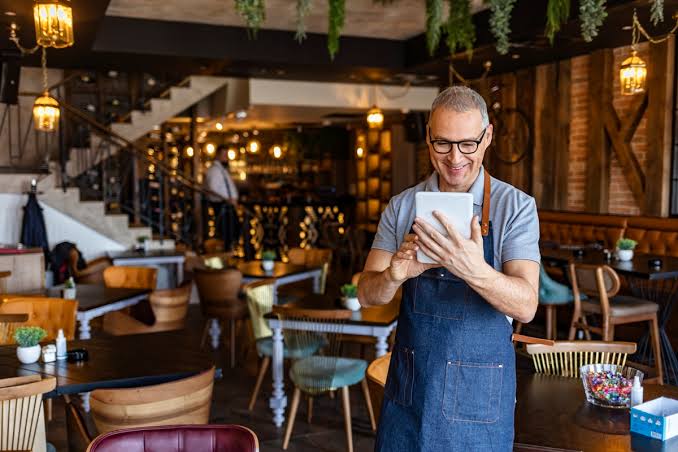What You Should Know About Music Licensing in U.S. Restaurants

Music helps set the tone in your restaurant. It creates atmosphere, shapes the guest experience, and plays a role in how people feel about your brand. The right playlist can encourage customers to stay longer, spend more, and return.
But using music without the right license can bring legal trouble. Lawsuits are becoming more common, and the penalties are serious.
Why You Can’t Just Hit Play
Any time you play music where customers can hear it, it’s considered a public performance. Under U.S. law, that requires a license.
The U.S. Copyright Act of 1976 protects music creators by giving them the right to control how their work is used. This includes restaurants, cafés, bars, and other public spaces.
Personal streaming services like Spotify, Apple Music, and YouTube are meant for private use. Playing them in your business is a copyright violation, even if you pay for a premium account.
Music Copyright Basics
Each song has two copyrights: one for the composition (lyrics and melody), and one for the sound recording.
Different people or companies usually own these rights. The composer and publisher own the composition. The performer and record label own the recording.
Licensing ensures these people get paid when their work is used in a commercial setting.
What Licenses Do You Need?
You need a public performance license to legally play music in your restaurant. These licenses are issued by performing rights organizations, also called PROs.
The four main PROs in the U.S. are:
- ASCAP
- BMI
- SESAC
- GMR
Each PRO manages different song catalogs. You may need licenses from more than one to be fully covered.
If you host live bands, use a DJ, or charge a cover, you might need extra licenses. Always check with the PRO or a licensing expert to be safe.
What Happens If You Don’t Comply?
The fines for playing unlicensed music can range from $750 to $150,000 per song. That does not include court costs or legal fees.
Some restaurants have been hit with huge fines just for playing a few songs without permission. These cases are public, and the damage to your business’s reputation can be just as costly as the fine.
How to Stay Compliant
The simplest way to stay on the right side of music licensing law is to subscribe to background music for restaurants designed specifically for commercial use. These platforms do more than just stream music, they take care of the legal side for you by securing the proper public performance licenses from all major PROs like ASCAP, BMI, SESAC, and GMR.
With one subscription, you can play music legally in your restaurant, no matter the number of locations. These services often include curated stations, ad-free playback, and tools to schedule music by time of day or customer flow. Whether you want upbeat tracks for lunch service or something more relaxed for dinner, it’s easy to customize.
For most restaurants, the monthly cost is similar to what you’d pay for a few streaming accounts, without the legal risk. Plus, the ability to fine-tune music to match your brand and customer base adds real value to the overall dining experience.
Why It’s Worth the Cost
Music is more than background noise. It directly affects how customers feel and behave. A study by MRC Data found that 65 percent of people are more likely to enjoy and return to a business that uses music to create atmosphere.
Restaurants use curated playlists to improve customer experience and boost revenue. Good music helps people stay longer and spend more.
It also shows that you care about artists and operate responsibly. That builds loyalty.
Final Thoughts
Music helps your restaurant stand out, but only if you do it legally. The risks of ignoring licensing are too high. The good news is that compliance is simple and affordable.
For peace of mind, use a business-focused streaming service for restaurants. That way, you stay legal, support artists, and create the kind of experience that keeps customers coming back.



